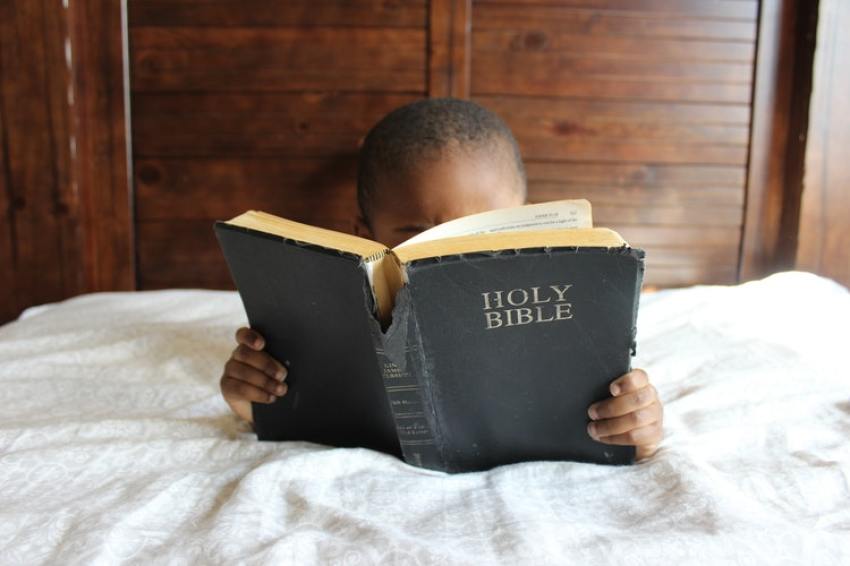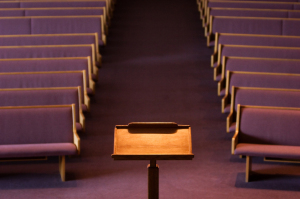Joyce Carol Oates calls the Bible 'work of fiction,' 'fertile ground for hypocrisy'

A notable author is facing criticism and allegations of “bigotry” for describing the Bible as a “work of fiction” and “fertile ground for hypocrisy.”
In a Jan. 11 post on X, author Joyce Carol Oates responded to podcast co-host Sam Adler-Bell’s suggestion that she needs to read the Bible by declaring, “The [B]ible, as you call it, is a work of fiction; or rather, an anthology of fictions.”
She added, “It is not ‘the’ [B]ible for much of the world’s population and those who claim it as their own select those verses that appeal to them while ignoring other verses.” She concluded by characterizing the Bible as “fertile ground for hypocrisy.”
Oates’ remarks about the Bible followed her reaction to a post from writer and podcaster Matthew Sitman, who co-hosts the “Know Your Enemy” podcast with Adler-Bell, proclaiming that “Widows, orphans, prisoners — no Christian can, without doing great violence to Scripture, get around the extremely clear obligations we have to such people.” In response, Oates asked “‘widows, orphans, prisoners’ — really, these entirely disparate groups have something in common?”
Tom Fitton, president of the government watchdog Judicial Watch, took to X on Saturday to condemn her post as an example of “ignorant, anti-Christian bigotry.”
Tim Spivey, founder and lead pastor of New Vintage Church in Escondido, California, and adjunct professor of religion and philosophy at Pepperdine University, responded to her post on X Saturday by stating: “Good to see religious bigotry is alive and well. Even if you think it’s fiction, it’s the most influential written work in history and it isn’t close … for good reason,” he added. “Christians do breathtaking good around the world, despite your scorn and caricature.”
The Rev. Ben Johnson, an Orthodox Christian who serves as senior editor of The Washington Stand, replied to a post from Clemson University visiting fellow Philip Bunn lamenting Oates’ decision to “dunk on widows and orphans” by identifying her statement as “minimizing the impact of a book that has sold infinitely more copies than all the books you’ve written combined.”
Podcast host and author Kale Zelden characterized Oates’ post about the Bible as an example of how “famous public intellectuals out themselves as ignorant lightweights.”
As other X users took issue with Oates’ claim, she continued to double down with additional assertions casting doubts on the Bible’s authenticity. In one post published later Thursday, Oates insisted, “It’s pointless to try to reason with persons for whom blind faith is an ideal.” She added that “what is particularly exasperating is that ‘the’ [B]ible is cited haphazardly & arbitrarily as vindication for virtually anything.”
A subsequent post from Oates took a dig at Christians’ intelligence, particularly that of Christians who support former President Donald Trump: “Why is it ‘the’ [B]ible? In fact only a small portion of Christians believe in a literal interpretation of the Bible & they are also likely to believe that T***p is heralding the Second Coming.”
In another post published Thursday, Oates shared her opinion that “the Hebrew Bible & the New Testament are two separate gatherings of writings by various persons over a considerable period of time” while stressing that “those who want to believe that these are ‘divine’ books are welcome to their belief.”
Over the years, Oates has developed a reputation as a prominent atheist. When accepting the 2007 Humanist of the Year Award at the 66th annual Conference of the American Humanist Association, Oates outlined how “it has always been something of a mystery to me that intelligent, educated men and women — as well as the uneducated — can ‘have faith’ in an invisible and nonexistent God.”
While she clarified that she was “not averse to acknowledging” her atheism, Oates maintained that “as soon as you declare that you are an atheist, it’s like somebody declaring that he is the son of God; it arouses a lot of antagonism.” She stressed that she had no desire “to confront and be antagonistic to people” when asked if she identified as an atheist and why “nobody uses the ‘A-word’” to describe her.
In a 2009 interview with The New York Times Magazine, Oates reflected on her Catholic upbringing, recalling how “I could never take the idea of religion very seriously.” However, in a Friday post on X, Oates said “it’s embarrassing to admit that I was very impressed at a young age by ‘the’ [B]ible & learned all one need know about the male ego — self-aggrandizing, self-regarding, self-preening & even self-begetting in Genesis, Chap. 5.”
Ryan Foley is a reporter for The Christian Post. He can be reached at: ryan.foley@christianpost.com



























